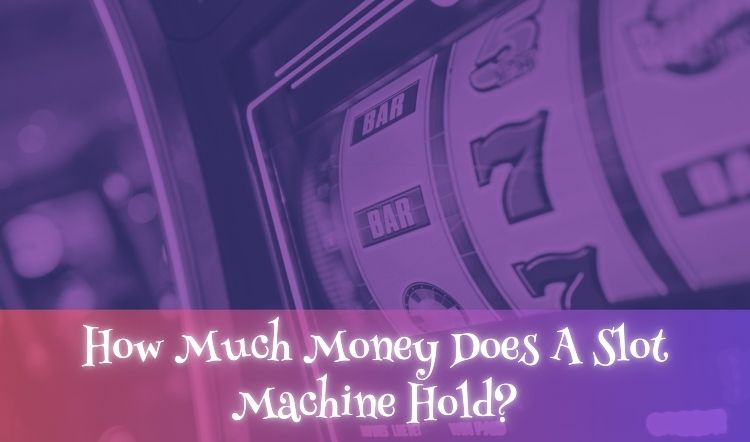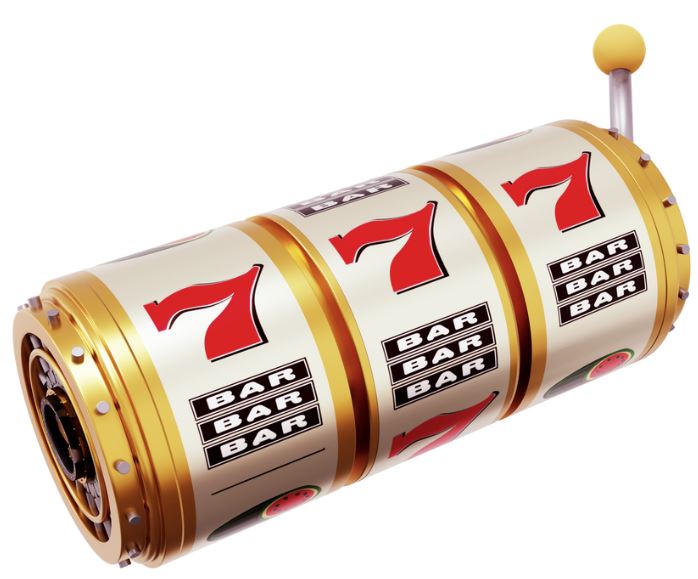
If you’ve noticed slot machines in casinos, bookmakers, or online, you might be curious about how much money these machines can actually contain. It’s a reasonable question, especially given the payout potential that games can offer.
This guide explains what it means for a slot machine to “hold” money, the differences between online and physical machines, and the significance of terms like the RTP (Return to Player) rate. It’s designed to give you a factual understanding of how slot machines operate, so you can better understand what’s happening behind the scenes.
We’ll keep things simple and straightforward, even for readers who have never played a slot machine before.
How Much Money Does A Slot Machine Hold

Slot machines, often called fruit machines or “one-armed bandits,” can be found in casinos, betting shops, and online. Many people often wonder how much money a slot machine can take in or store.
In physical machines, older models used coins stored in a cash box, but most modern UK machines in licensed venues now use digital payments or printed tickets. Staff regularly remove any stored cash to help keep machines operating safely. The amount of money a machine can physically hold varies by model, but this does not affect the game itself, which is determined by a Random Number Generator (RNG).
Online slots do not hold cash at all. All deposits and wagers are managed digitally through your account with the casino or betting site.
A more relevant factor than cash capacity is the percentage of wagers the casino retains. This is reflected in the machine’s RTP rate, which we’ll explain in more detail below.
Return To Player Explained
The Return to Player (RTP) rate is a theoretical figure that represents the average percentage of money a slot game may return to players over a long period of time. For example, a game with an RTP of 96% is designed to return, on average, £96 for every £100 wagered, with the remaining 4% representing the house edge. This calculation is based on hundreds of thousands, or even millions of simulated plays conducted by the game developer.
It is important to understand that the RTP is a long-term statistical average. It does not predict or guarantee what might happen in any individual session. In a single play, you may win more, win less, or win nothing at all.
All UK slot games, whether online or in physical venues, use an RNG. This regulated software ensures that each spin is random and independent, meaning every outcome is determined by chance.
In the UK, most slot games have an RTP rate between 85% and 97%, though some older or specialised games may be lower. Licensed operators must provide this information to players, typically in the game’s rules or information menu.
Before playing, it can be helpful to review a game’s RTP rate, paytable, and rules, to better understand how the game works.
Do Slot Machines Have To Payout When Full?
There is a common misconception that a slot machine will pay out once it is full of money. This is not true.
Slot machines—whether online or in physical locations—do not operate on a schedule and are not affected by the amount of money inside them. Each spin is independent and determined by an RNG. The current balance of the machine has no impact on whether a winning outcome might occur.
In physical machines, any cash or tickets that accumulate are removed by staff to keep the machine operational. This is purely a maintenance procedure and does not influence any potential payouts.
Online slots use digital RNGs that are regularly tested and certified by third-party bodies approved by the UK Gambling Commission (UKGC). These checks ensure that outcomes are fair and unpredictable.
All UK-licensed slot machines must comply with the Gambling Act 2005, which enforces fairness and player protection. There is no method, strategy, or timing that can affect when, or if, a machine will pay out.
Remember, slot games are based entirely on chance. Play within your means and treat it as entertainment, not a way to make money.
*All values (Bet Levels, Maximum Wins etc.) mentioned in relation to these slot games are subject to change at any time. Game features mentioned may not be available in some jurisdictions.
**The information provided in this blog is intended for educational purposes and should not be construed as betting advice or a guarantee of success. Always gamble responsibly.
